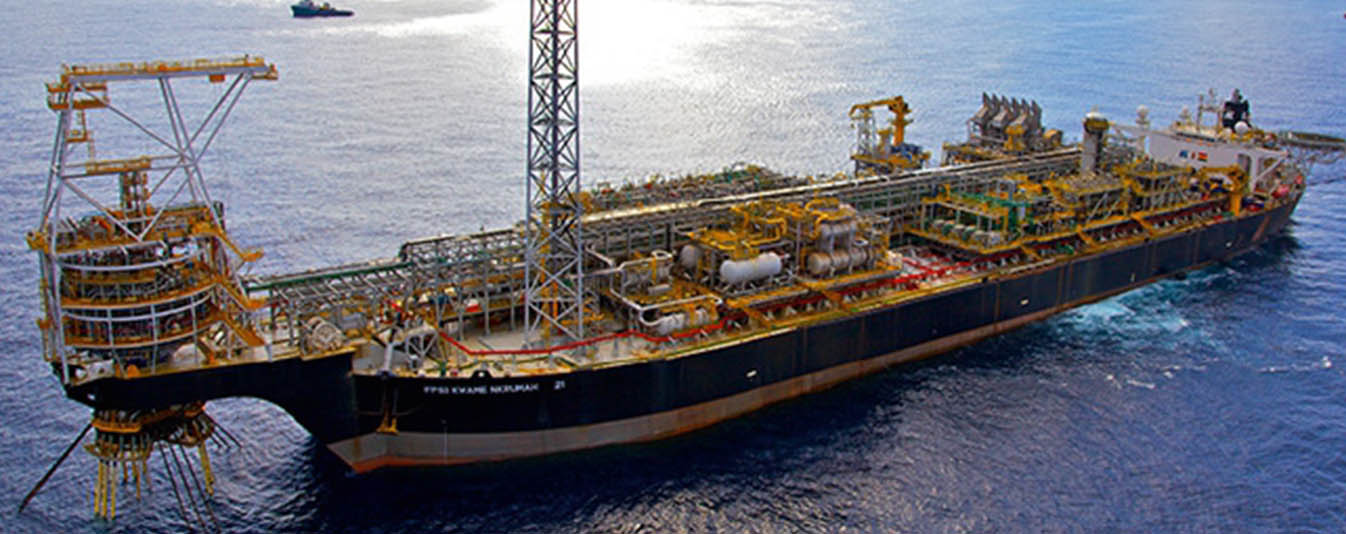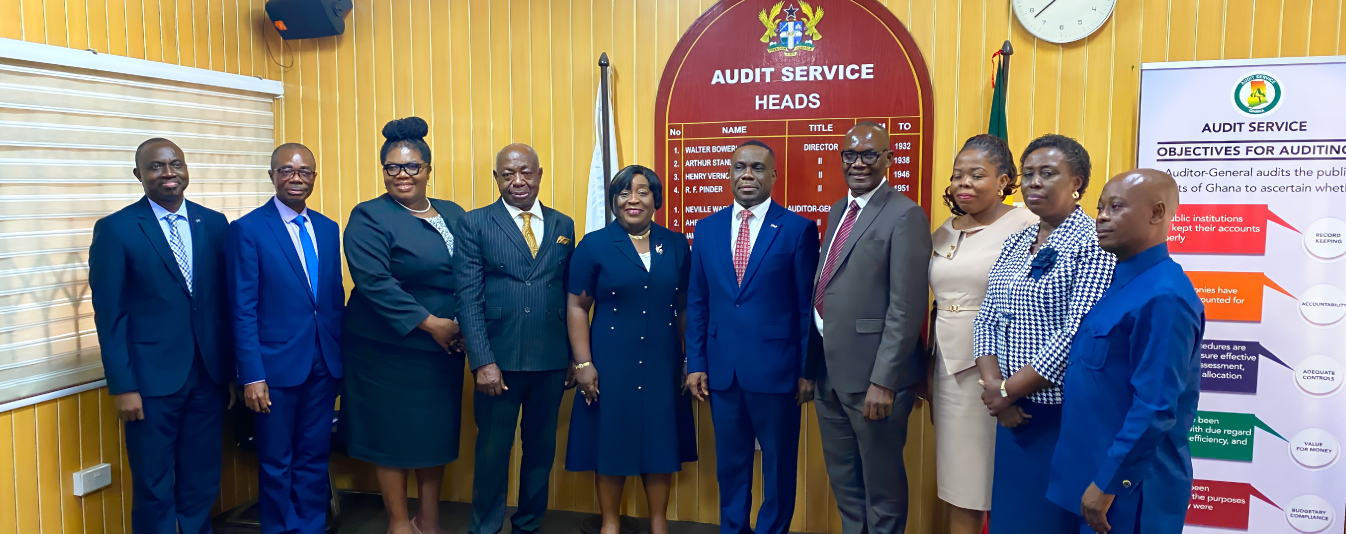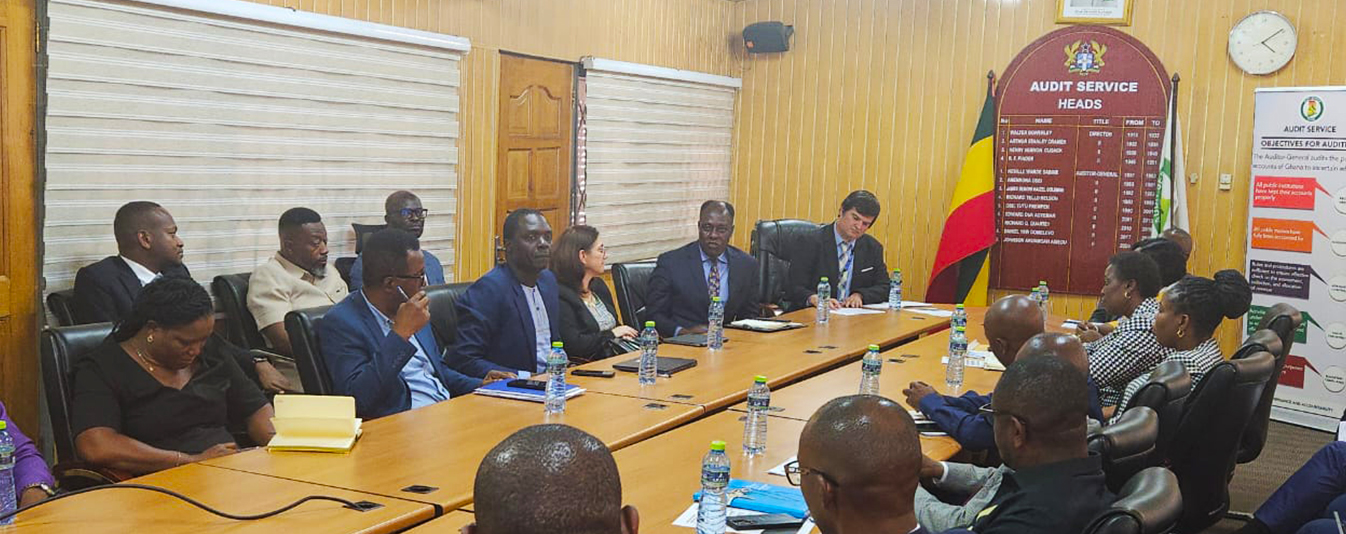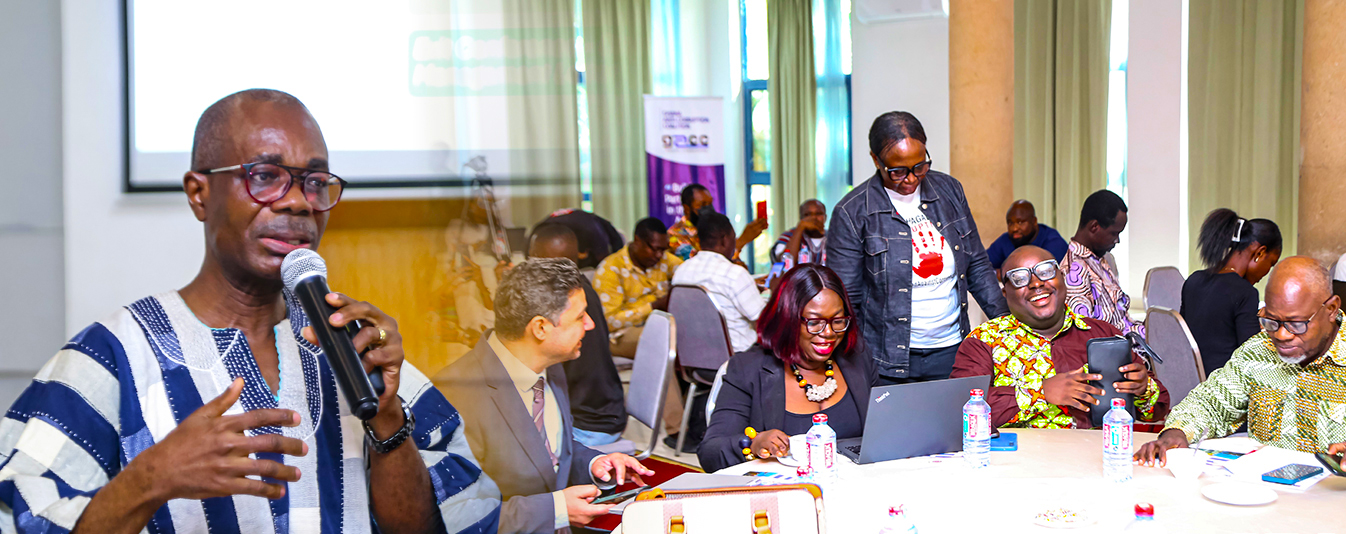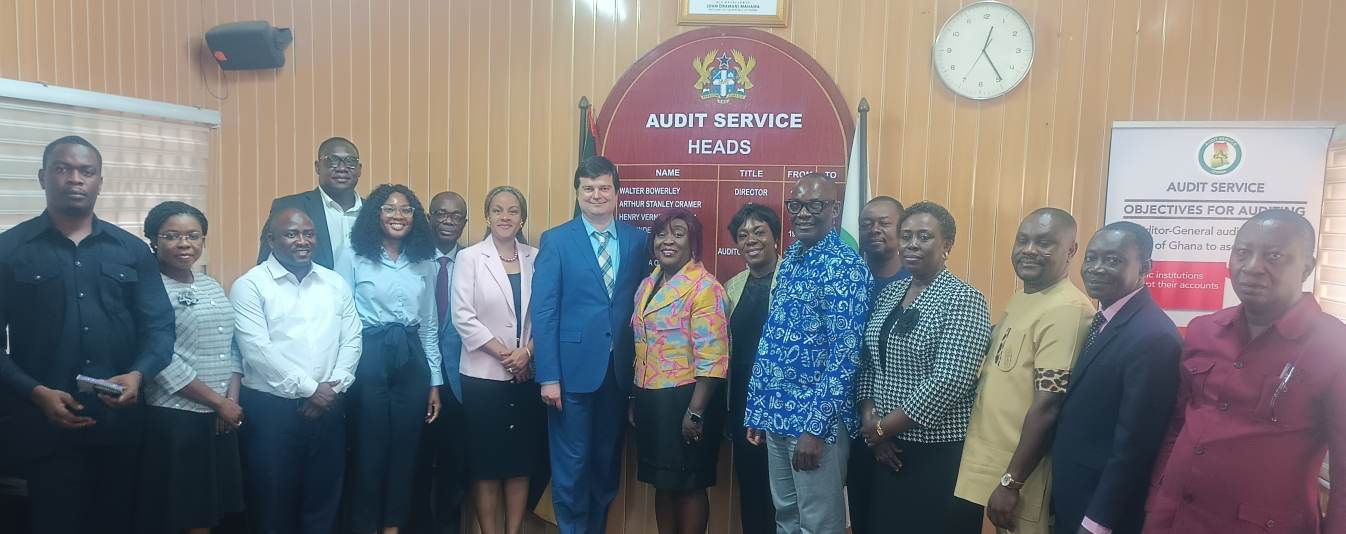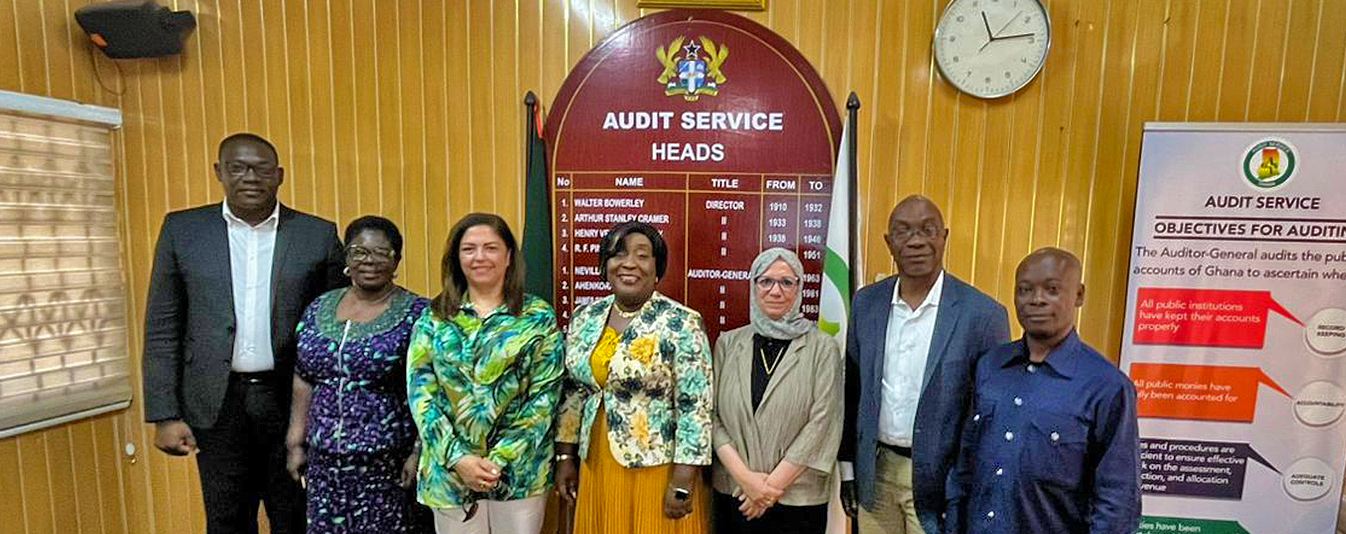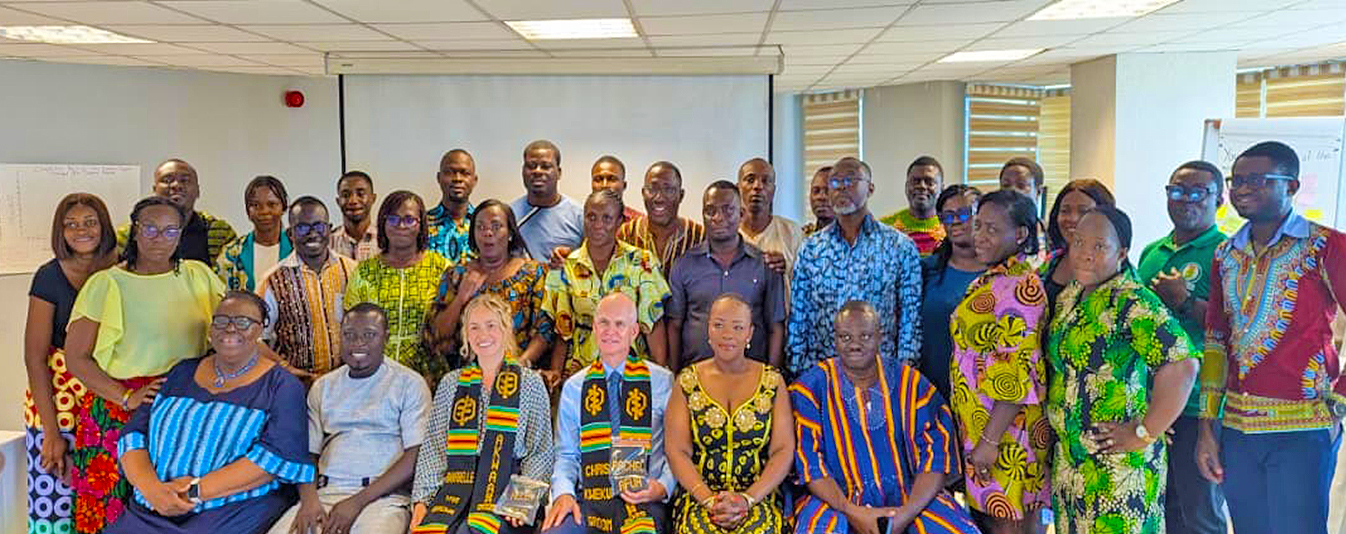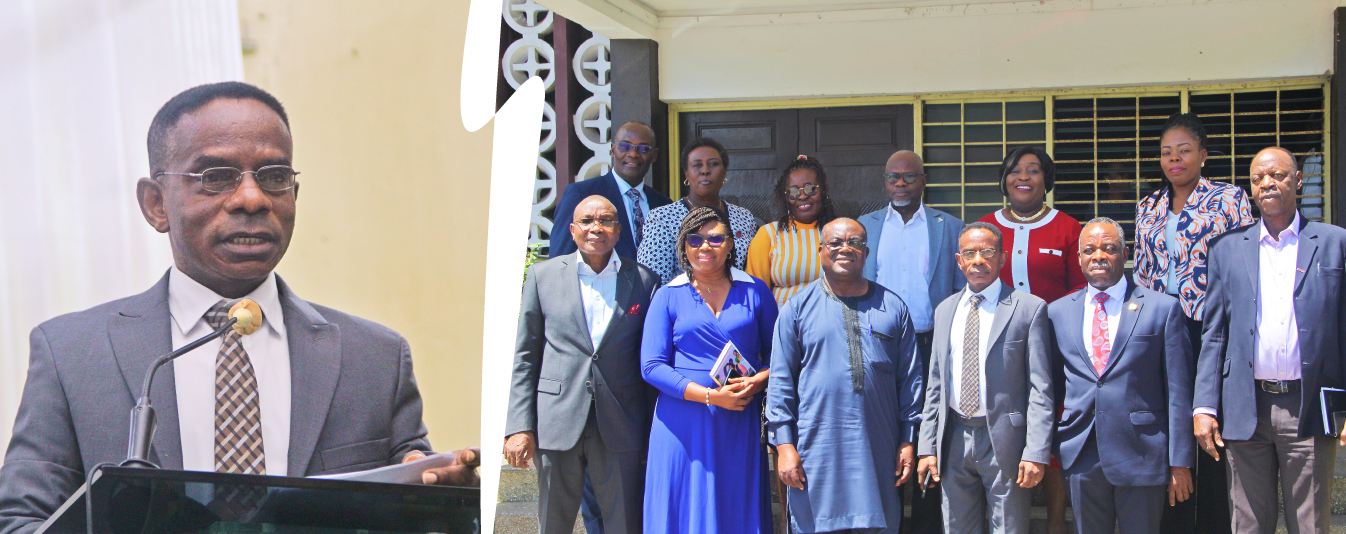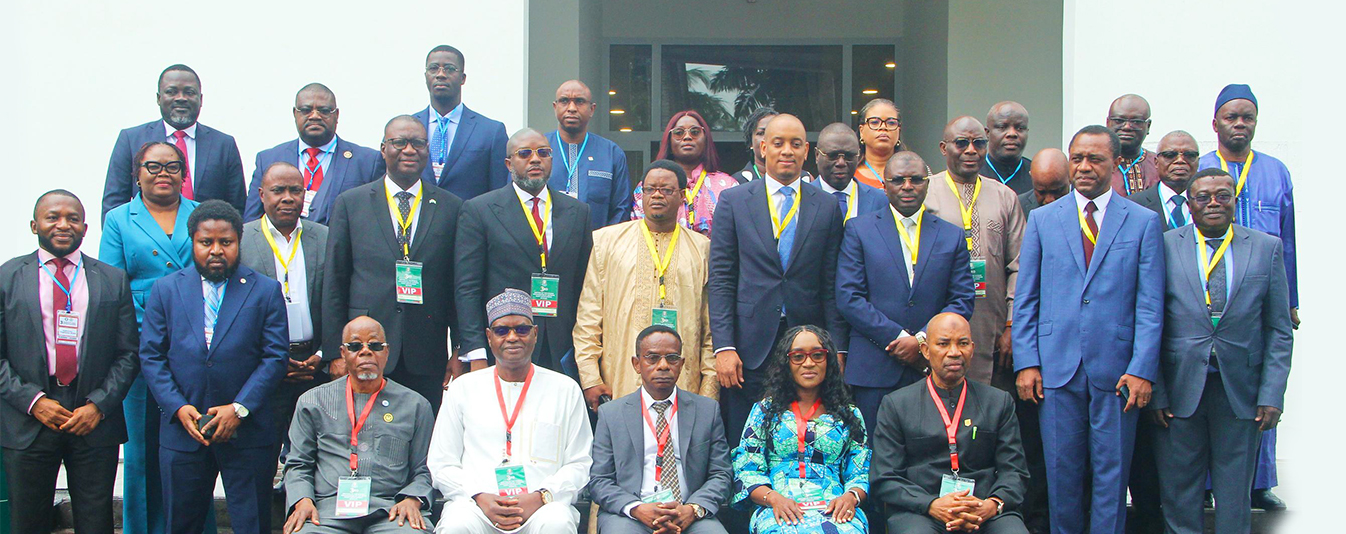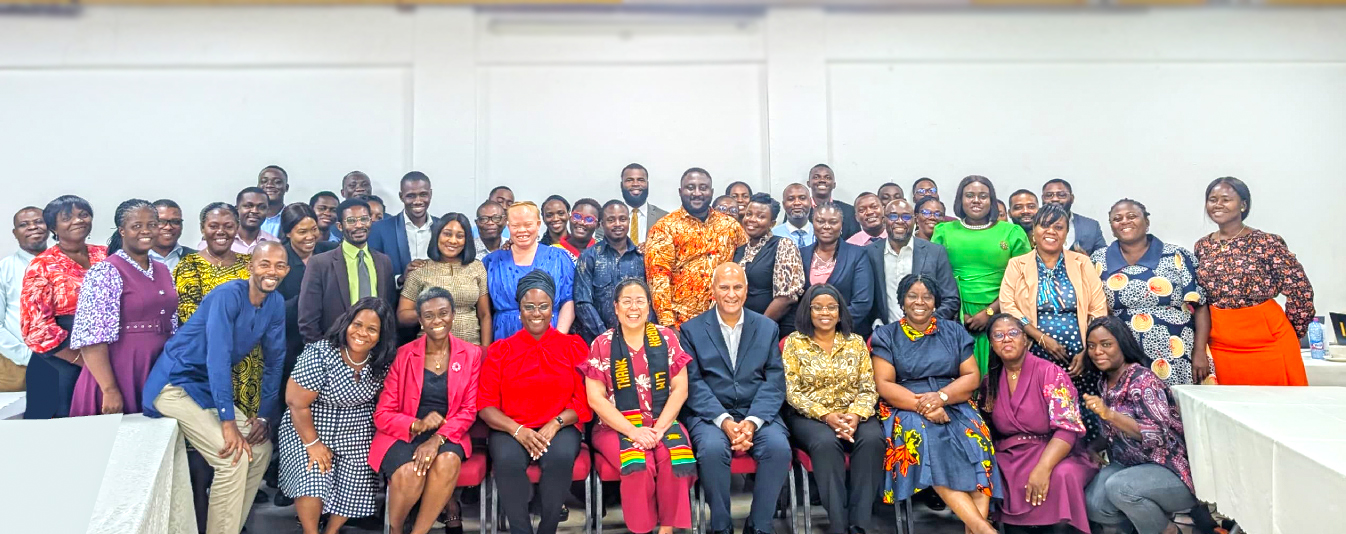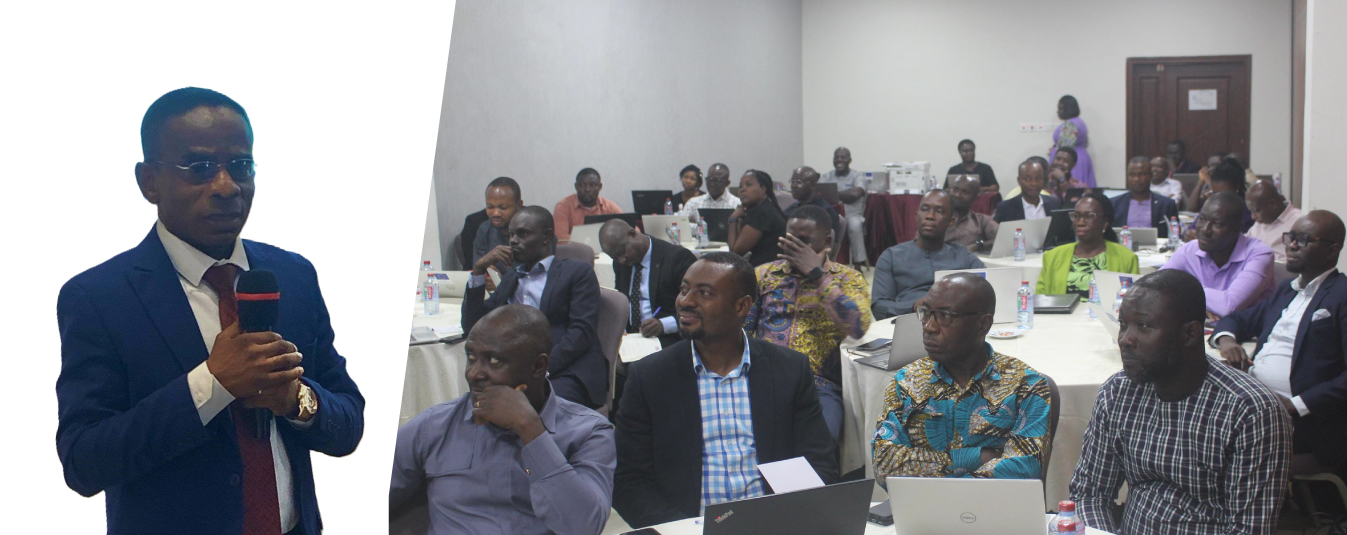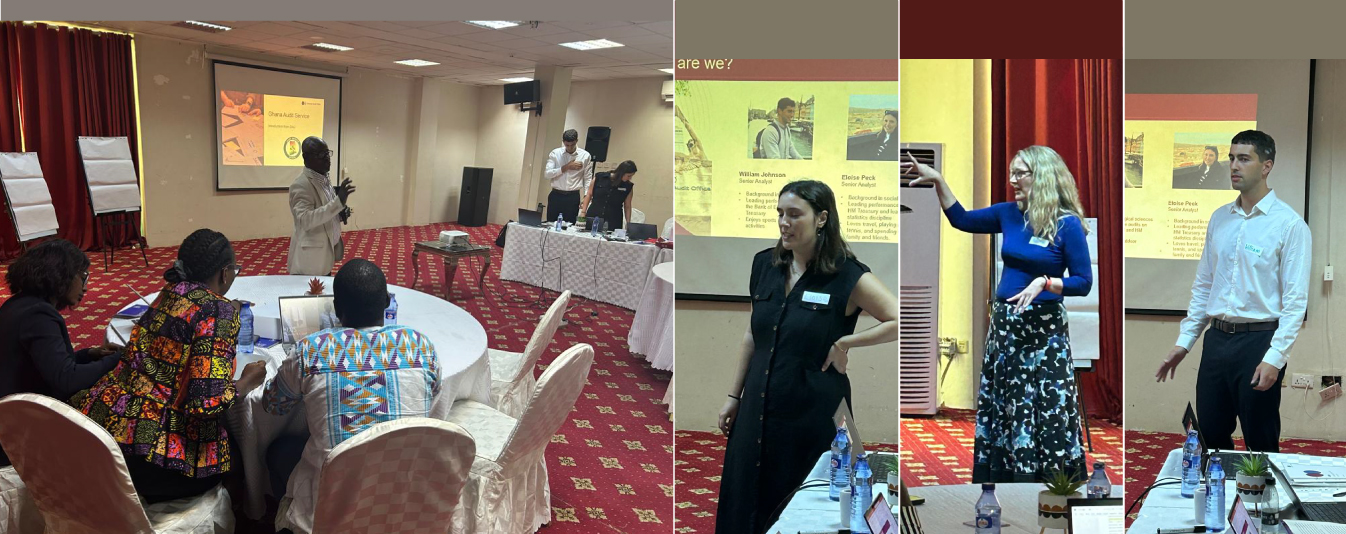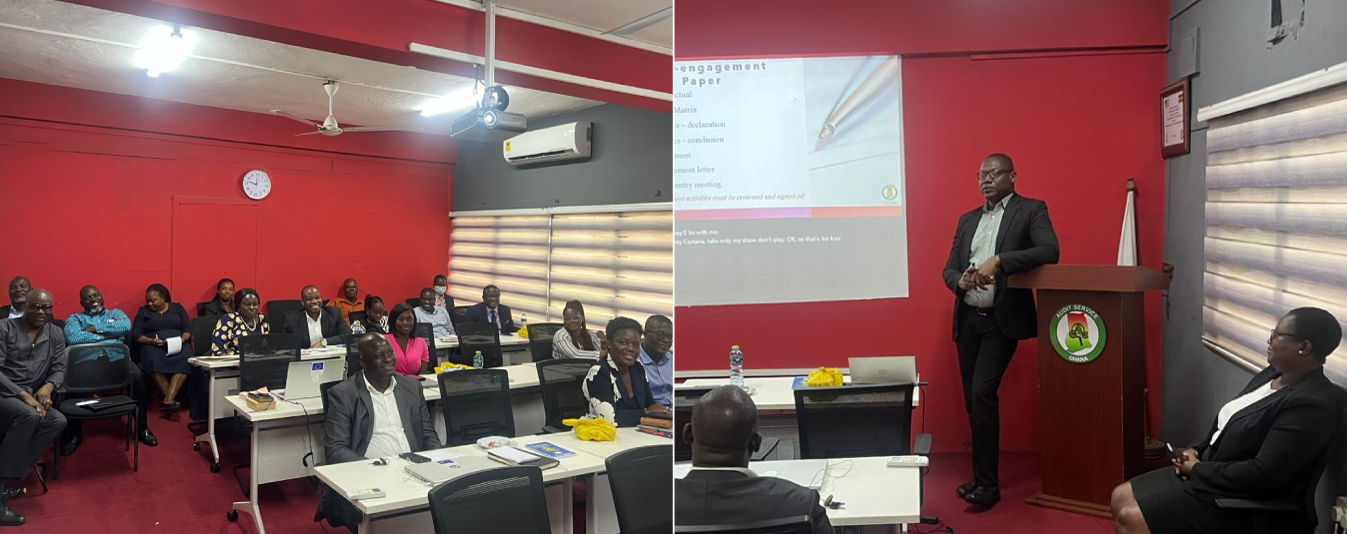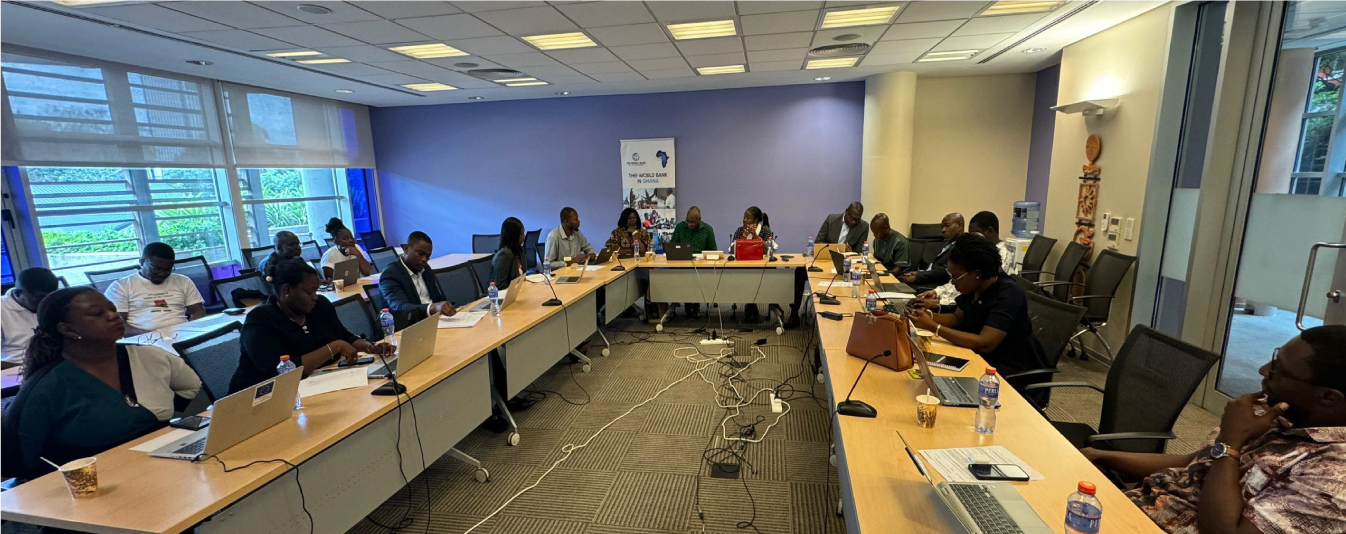The Auditor-General (A-G), Mr. Daniel Yaw Domelevo has observed that various entities had failed to pay a total amount of US$310.34 million into the Petroleum Holding Fund. The A-G made this observation in his report to Parliament on The Management of Petroleum Funds for the Financial Year Ended 31 December 2018.
The A-G indicated that of the outstanding amount, Ghana National Gas Company Limited owes US$308.77 million for gas supplied by the Ghana National Petroleum Corporation (GNPC). The A-G estimated the amount of penalties due from the default to be US$10.79 billion as per section 3(4) of the Petroleum Revenue Management ACT 2011 (Act 815).
Section 3 subsection 4 of Act 815 states that “where the liability of an entity to make a payment is not discharged on or before the due date, the entity shall pay as a penalty, an additional five percent of the original amount for each day of default or the default rate established under any other law, whichever is higher”.
The remaining outstanding amount of US$1.57 million attributed to surface rental fees unpaid by various petroleum exploration entities such as GOSCO/Heritage Exploration and Production Ghana Ltd Management, Sahara Fields Energy Ltd, Britannia-U Ghana Ltd and Swiss African Oil Company Ltd management.
The A-G recommended that all monies assessed as due and outstanding to the Petroleum Holding Fund should be promptly collected and any late payments should attract the right interest as stipulated by Section 3(4) of Act 815.
The Second Schedule (Subsection 6) of Act 815 requires that the Investment Advisory Committee (IAC) measured periodically the performance of the Ghana Petroleum Funds against the benchmark that the IAC had developed. The A-G however, reported that he did not obtain evidence on how the IAC measured the performance of the Fund.
The A-G said if the IAC fails to do periodic measurement of the Funds’ performance as prescribed by Act 815, it may not identify sub-optimal performance for appropriate remedial decision.
He therefore recommended that the IAC should determine the benchmark for measuring funds’ performance and conduct periodic monitoring of the performance in line with Act 815. The Management responded that the process for setting the Benchmark for performance measurement was ongoing.
The report also showed that the IAC did not meet as required by Section 33 of Act 815. Therefore, the A-G reported that matters requiring the attention of the IAC may not be addressed timely. Although the Management said that the IAC met at least once every quarter since its reconstitution on 14 January 2019, the A-G stated that there were no minutes of such meetings to serve as evidence. The A-G recommended that the IAC should be reconstituted with individuals who can make time to regularly attend to the business of the Committee.
On the status of the implementations of findings and recommendations made in the previous audit, the A-G reported that one out of the seven observations had been resolved while the outstanding observations had been revisited in the current audit.
On the publication of semi-annual and annual reports by the Public Interest and Accountability Committee (PIAC) as required by Section 56 of Act 815, the A-G observed that, the 2018 semi-annual report was published on 8th January 2018 while the 2018 annual report is yet to be published. Section 56 of Act 815 requires PIAC to publish a semi-annual report and an annual report by the 15th of September and 15th of March each year.
To ensure transparency and keep the public informed on the transactions of the Fund, the A-G recommended that PIAC should ensure timely publication of the accounts as prescribed by Section 56 of the Petroleum Revenue Management Act, Act 815.

